In addition to the various liberal media outlets, Donald Tusk, the Polish President of the European People’s Party, also spoke in surprising agreement with the communication strategy represented by the European Stability Initiative (ESI).
As far as we know, Knaus’ regular meetings include the company of various EU Commissioners. According to one of our sources, he has personally
consulted with Frans Timmermans, Vice-President of the European Commission, Johannes Hahn, Budget Commissioner, and Josep Borrell, Foreign Affairs Commissioner. Knaus has publicly posted with Borrell and he even considered it necessary to make his usual “ECFR” tag.
He also maintains a very special relationship with Věra Jourová, Commissioner responsible for Rule of Law affairs. Jourová’s comments to the Frankfurter Allgemaine Zeitung on May 10, 2020 conveyed a starkly different opinion than what she had expressed up until that point; in any case, it closely resembled Knaus’ opinion. However, what is fact and not just theory: in the majority of Anna Donáth’s (Momentum MEP) comments on Hungary, she is “shepherding Jourová” and serving as her secret adviser. We’ve found that the Momentum MEP actually openly and proudly brags of this to her party. Moreover, Jourová recently earned a “pat on the back” from the Austrian lobbyist for initiating infringement proceedings against Poland.
The Knaus institute, ESI, published a new study on April 27, 2020 clearly aimed at the forthcoming budget debates in the European Union. The so-called study titled “The wizard, the virus and a pot of gold – Viktor Orbán and the future of European solidarity” should rather have been labeled a proposal package. Knaus and his circle initiated a proposal among decision-makers in Brussels to force the “parasite member”, Hungary, to accept a “rule of law mechanism”; this mechanism would make the transfer of funds dependent on the adoption of decisions from the Court of Justice of the EU. According to Knaus, “in the future, the EU cannot be a silent cash ATM”.
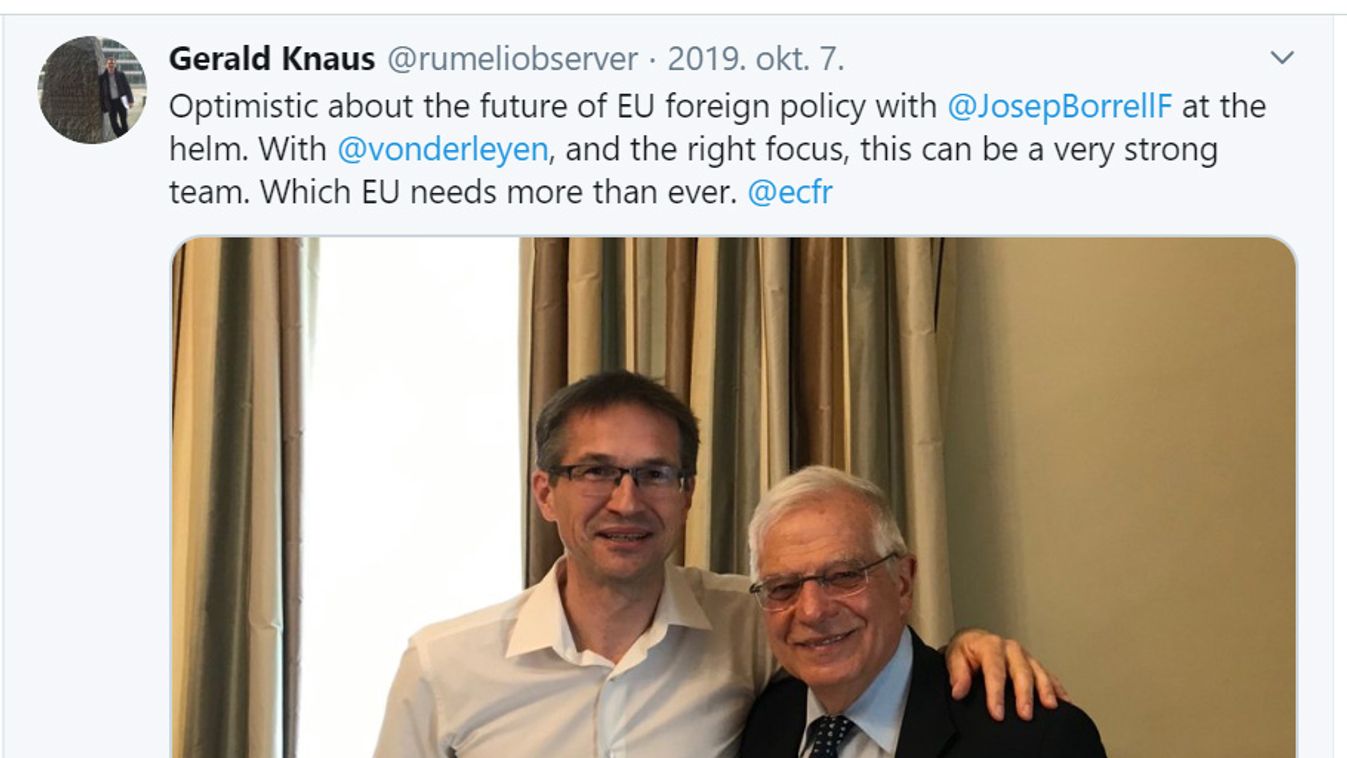

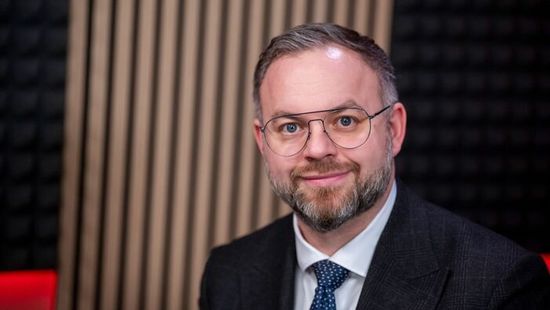


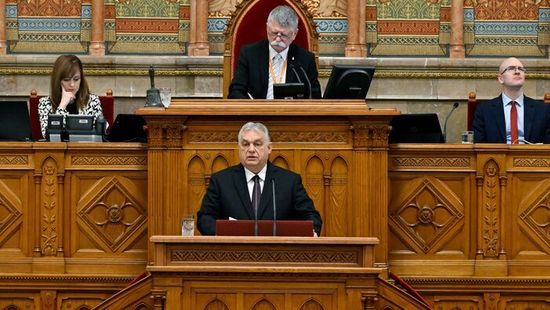

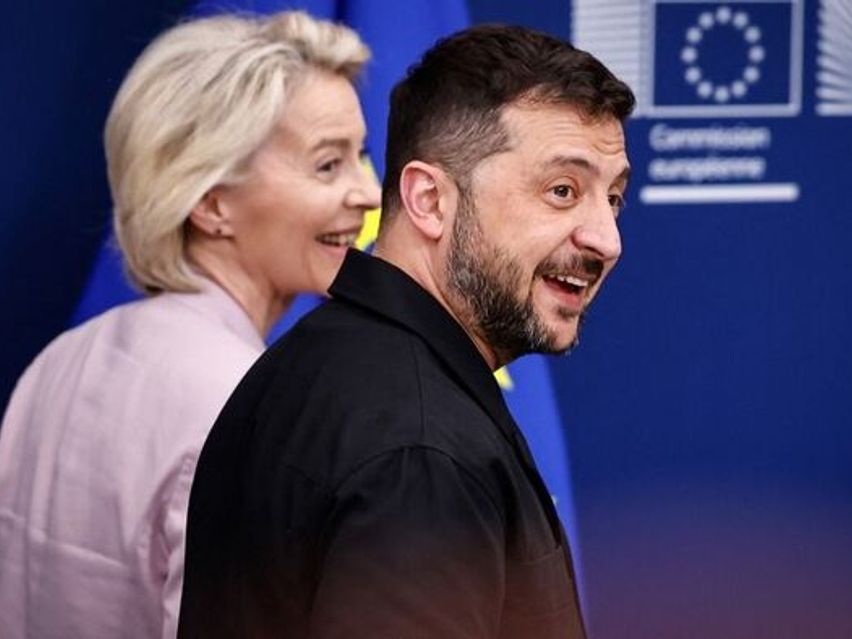
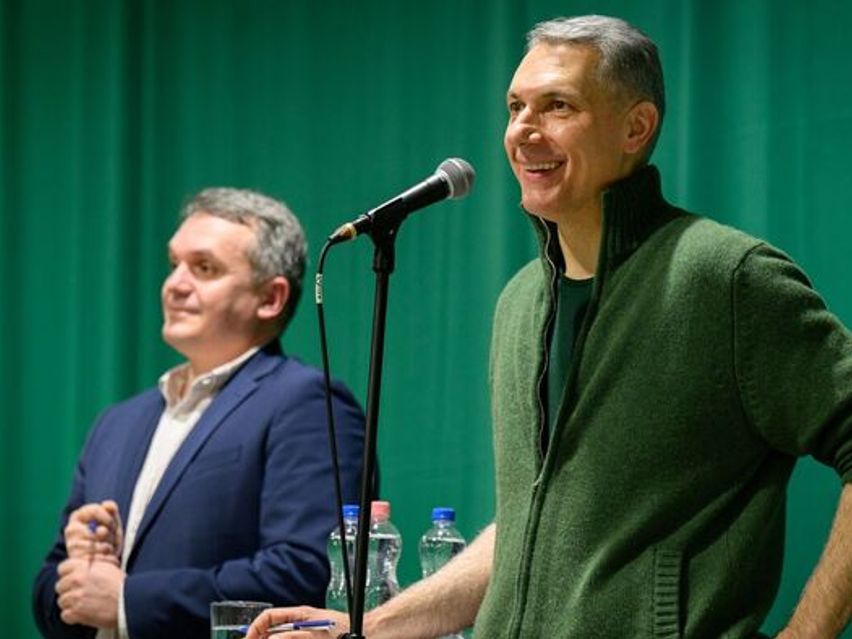
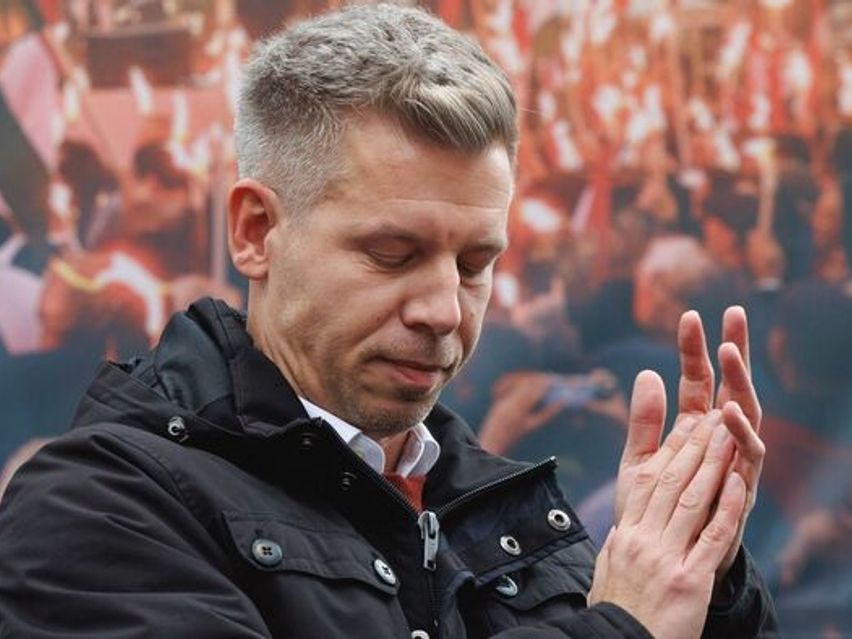







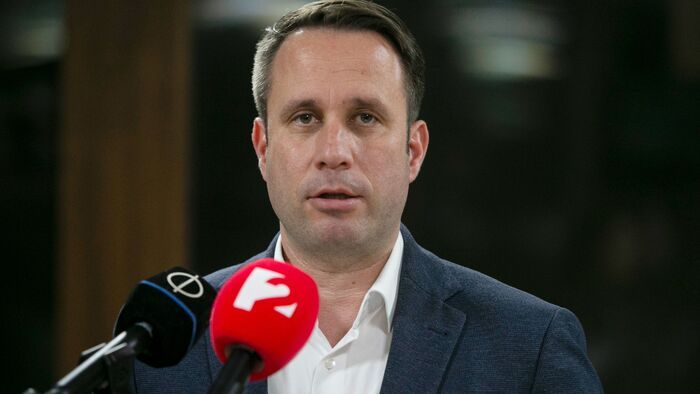
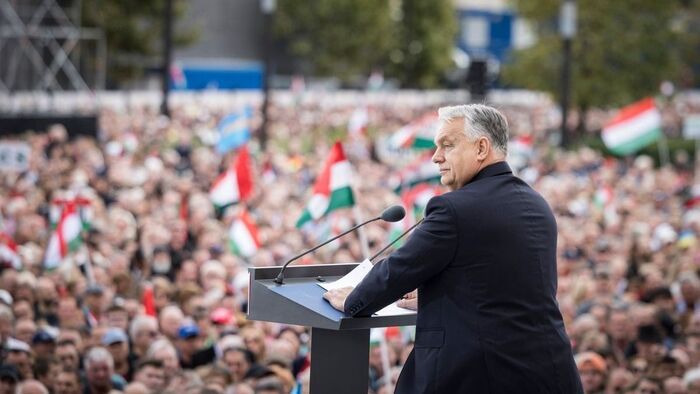

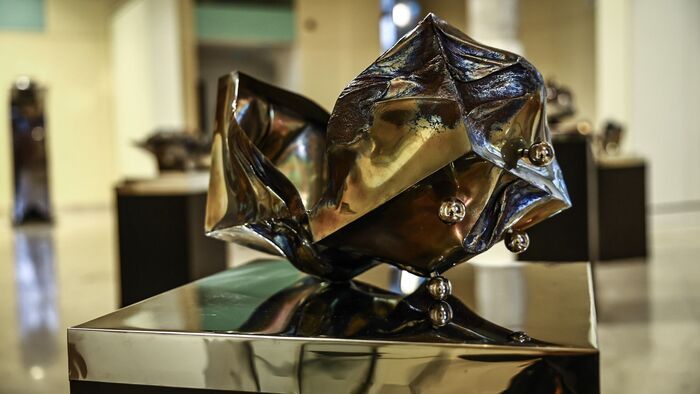



Szóljon hozzá!
Jelenleg csak a hozzászólások egy kis részét látja. Hozzászóláshoz és a további kommentek megtekintéséhez lépjen be, vagy regisztráljon!